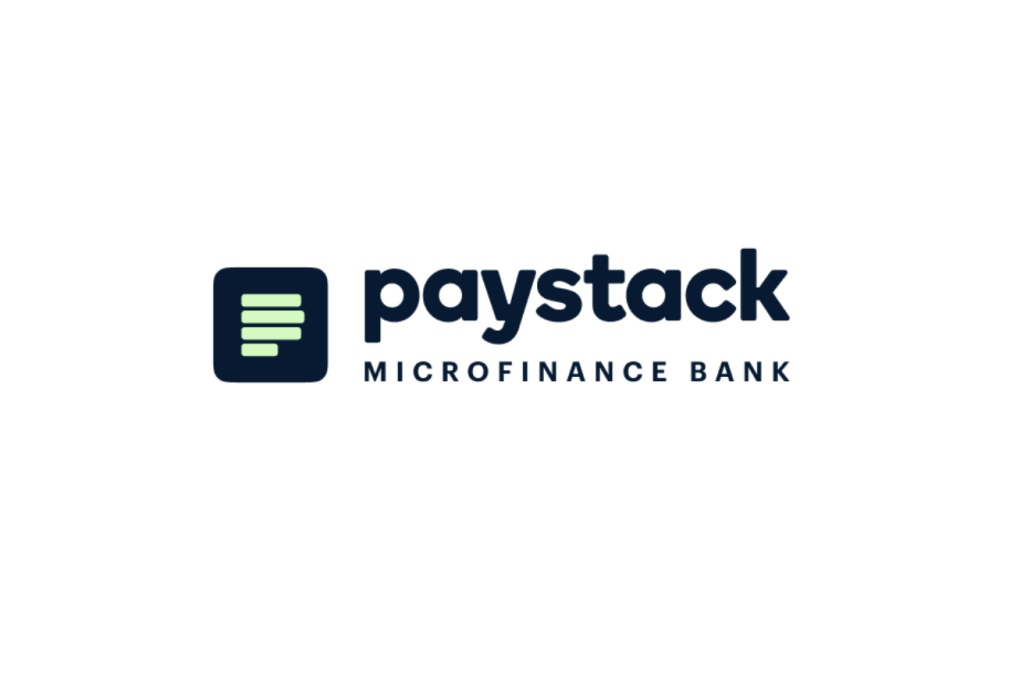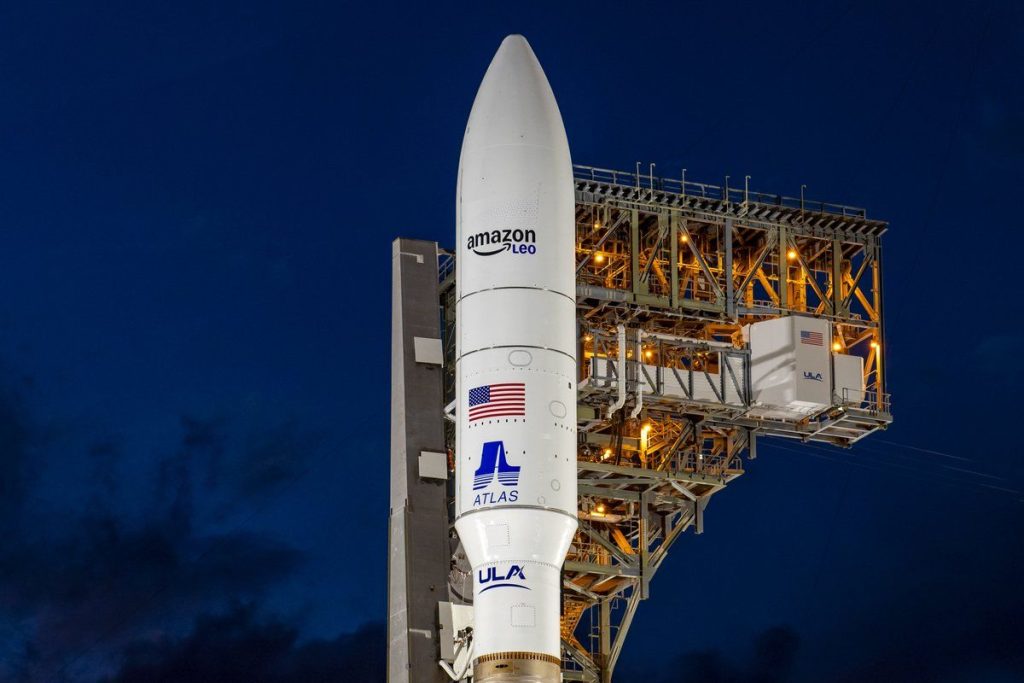Africa is rapidly adopting transformative technologies, with artificial intelligence (AI) at the forefront of reshaping business operations across the continent. In recent years, AI-powered copilots—automated assistants embedded within software tools—have gained traction, helping businesses streamline tasks, make data-driven decisions, and improve productivity. As Africa experiences a tech-savvy workforce, rising internet penetration, and new work models, AI copilots provide valuable solutions for unique challenges in the region.
1.Leveraging AI Copilots to Boost Operational Efficiency According to the International Data Corporation (IDC), Africa’s AI and cognitive systems market is set to grow by 32% annually, highlighting the rising demand for AI solutions. In Nigeria, where over 80% of companies are small-to-medium enterprises (SMEs), operational efficiency is crucial. AI copilots help these businesses manage resources by automating repetitive tasks and reducing human error. A Microsoft Africa survey reported that 70% of African companies implementing AI solutions experience substantial cost savings. At TeKnowledge for instance, our AI-enhanced Security Operations Center (SOC), powered by Microsoft Sentinel, provides real-time threat detection and response. Using AI-driven threat intelligence, we proactively identify and mitigate cybersecurity risks for clients, saving significant resources and reducing response times. For African companies, this proactive approach to security—enabled by AI—frees up their resources to focus on growth and innovation.
Executives interested in learning more about harnessing AI for operational success are invited to join an upcoming webinar, “Harnessing AI for Business Efficiency: Your New Digital Copilot,” where we will do a deep dive into how Microsoft 365 Copilot can enhance efficiency in business operations. Register here.
2. Enhancing Customer Service and Sentiment Analysis with AI Copilots Nigeria’s e-commerce sector is one of Africa’s fastest growing, with businesses facing high volumes of customer inquiries. AI copilots in customer service manage up to 80% of routine requests, cutting down wait times and improving customer satisfaction. In our Tech Managed Services business, TeKnowledge engineers use Microsoft Copilot to respond to technical questions rapidly while tracking tone and sentiment in conversations, identifying potential dissatisfaction early on. This nuanced understanding of customer needs helps Nigerian businesses deliver tailored experiences, improving customer retention in a highly competitive market.
Beyond immediate responses, AI copilots offer personalization by analyzing customer behavior. Retail companies can tailor product recommendations and payment options to fit the diverse preferences across African markets. For Nigerian companies looking to scale, AI’s capacity for personalization builds stronger, more lasting customer relationships.
3. Supporting Financial Decision-Making with AI Insights AI copilots are reshaping financial planning and decision-making for African businesses. In Nigeria, where foreign exchange fluctuations and inflation impact the economy, AI tools provide crucial insights. AI copilots can analyze economic trends and historical data, allowing businesses to make data-informed investment and operational decisions. Banks in Nigeria can use AI to assess credit risks and offer personalized financial services to previously underbanked populations by analyzing alternative data, including mobile transaction history. This capability is invaluable for African organizations looking to remain financially resilient in volatile markets.
4. Enabling Efficient Remote Work and Collaboration Remote work adoption in Africa grew by 29% post-pandemic, yet challenges remain due to limited resources and connectivity. AI copilots help streamline remote work by enabling virtual project management, task prioritization, and automated reporting. In Nigeria, where internet stability can be unpredictable, AI copilots enhance workflow by helping remote teams manage their projects even with intermittent connectivity. At TeKnowledge, AI assists our teams in tracking deadlines, identifying potential bottlenecks, and automating routine tasks, fostering productivity despite resource constraints. For Nigerian companies adapting to hybrid work models, this functionality is essential in maintaining smooth operations and driving efficiency across distributed teams.
5. Advancing Talent Development and Skills Training Nigeria’s youth unemployment rate remains high, and many companies struggle to find skilled talent. AI-powered tools are revolutionizing upskilling by offering on-demand, guided training to employees. Platforms like Microsoft Learning, integrated with AI, suggest targeted learning pathways based on individual skills, keeping employees at the forefront of industry demands.
TeKnowledge provides tailored digital skilling programs, preparing Nigeria’s workforce for roles in cybersecurity, AI, and tech-managed services. For organizations across Africa, AI copilots can make talent development more accessible and cost-effective, a critical advantage in an evolving job market.
Conclusion: As AI copilots continue to reshape African business landscapes, the benefits are clear—from heightened efficiency and enhanced security to improved financial insights and skills development. In Nigeria, where operational challenges are often compounded by infrastructure gaps, AI copilots help bridge these divides, enabling businesses to focus on innovation and growth.
For readers interested in learning how AI copilots can specifically enhance their business operations, consider joining the webinar, “Harnessing AI for Business Efficiency: Your New Digital Copilot,” where we will do a deep dive into how Microsoft 365 Copilot can enhance efficiency in business operations. Register here.










